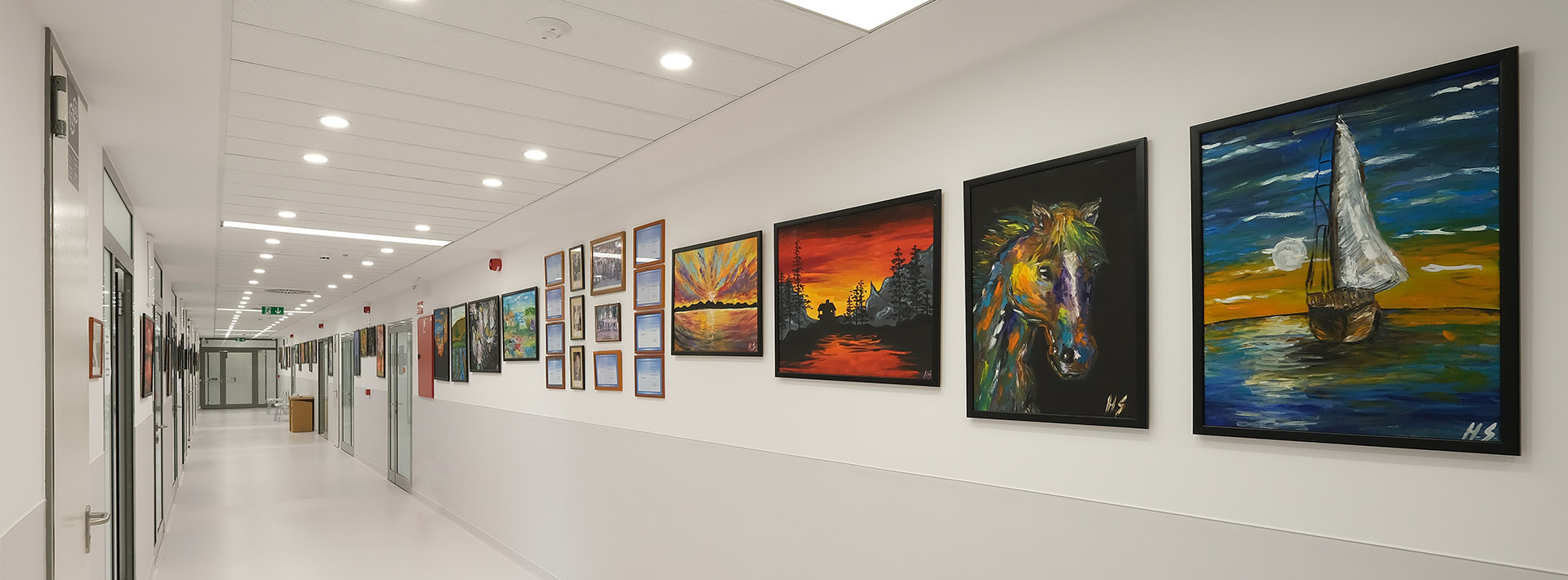Data
Official data in SubjectManager for the following academic year: 2024-2025
Course director
-
Garami András
associate professor,
-
Number of hours/semester
lectures: 10 hours
practices: 0 hours
seminars: 0 hours
total of: 10 hours
Subject data
- Code of subject: OXF-THR-h-T
- 1 kredit
- General Medicine
- Optional modul
- spring
-
Course headcount limitations
min. 5 – max. 20
Topic
Sport activity is more and more popular among the population, the number of recreational and competitive athletes increased significantly in recent years. Furthermore, the longer life expectancy means more senior athletes with unique requirements as well. Global warming including heat waves and elevated humidity is challenging for athletes, however, maintaining normal body temperature is crucial for physiological processes. Students applying for the course can learn the importance of temperature in sport, the mechanisms regulating body temperature (e.g., TRP ion channels) and novel theories of thermoregulation during physical activity. They will hear about the thermophysiological effects of sport diet and doping use and their consequences on the body and sport performance. Furthermore, students can learn about the effects of extreme heat load on physical training, especially in sports with high risk of hypothermia (e.g., swimming, alpine hiking). We will further discuss significance of heat therapies in regeneration after sport performance, and about age-related changes influencing physical activity. Beside of theoretical background, case studies will be discussed with the students.
Lectures
- 1. Thermoregulation and sport. - Kéringer Patrik
- 2. Thermophysiology of sports diet. - Garaminé Pákai Eszter
- 3. Role of Transient Receptor Potential (TRP) ion channels in thermoregulation during physical activity. - Garami András
- 4. Changes in thermoregulation during physical activity in high altitude. - Ruzsics István
- 5. Heat therapies in recreation and rehabilitation. - Toldi János
- 6. Effects of extreme heat load during physical activity. - Kéringer Patrik
- 7. Sport injuries and thermoregulation. - Fazekas Gábor
- 8. Thermoregulation and sport in elderly. - Garami András
- 9. Thermoregulation in children during sport. - Toldi János
- 10. Written exam. - Garami András
Practices
Seminars
Reading material
Obligatory literature
Literature developed by the Department
Notes
Recommended literature
Romanovsky AA. Thermoregulation: From Basic Neuroscience to Clinical Neurology. Handbook of Clinical Neurology Series. Elsevier, 2018.
A. Gomtsyan, C.R. Faltynek: Vanilloid R eceptor TRPV1 in Drug Discovery, Wiley & Sons, 2010
www.FeverLab.net
Julien D. Periard, Sebastien Racinais. Heat stress in sport and exercise. Springer, 2019.
Conditions for acceptance of the semester
Max. 25% absence.
Mid-term exams
Written exam
Making up for missed classes
Based upon individual agreements.
Exam topics/questions
1. Thermoregulation and sport.
2. Thermophysiology of sports diet. I.
3. Role of Transient Receptor Potential (TRP) ion channels in thermoregulation during physical activity. I.
4. Changes in thermoregulation during physical activity in high altitude. I.
5. Heat therapies in recreation and rehabilitation.
6. Cold therapies in recreation and rehabilitation.
7. Effects of extreme heat load during physical activity. I.
8. Effect of doping use on thermoregulation. I.
9. Thermoregulation and sport in elderly. I.
10. Thermoregulation of swimming. I.
Examiners
- Garami András
